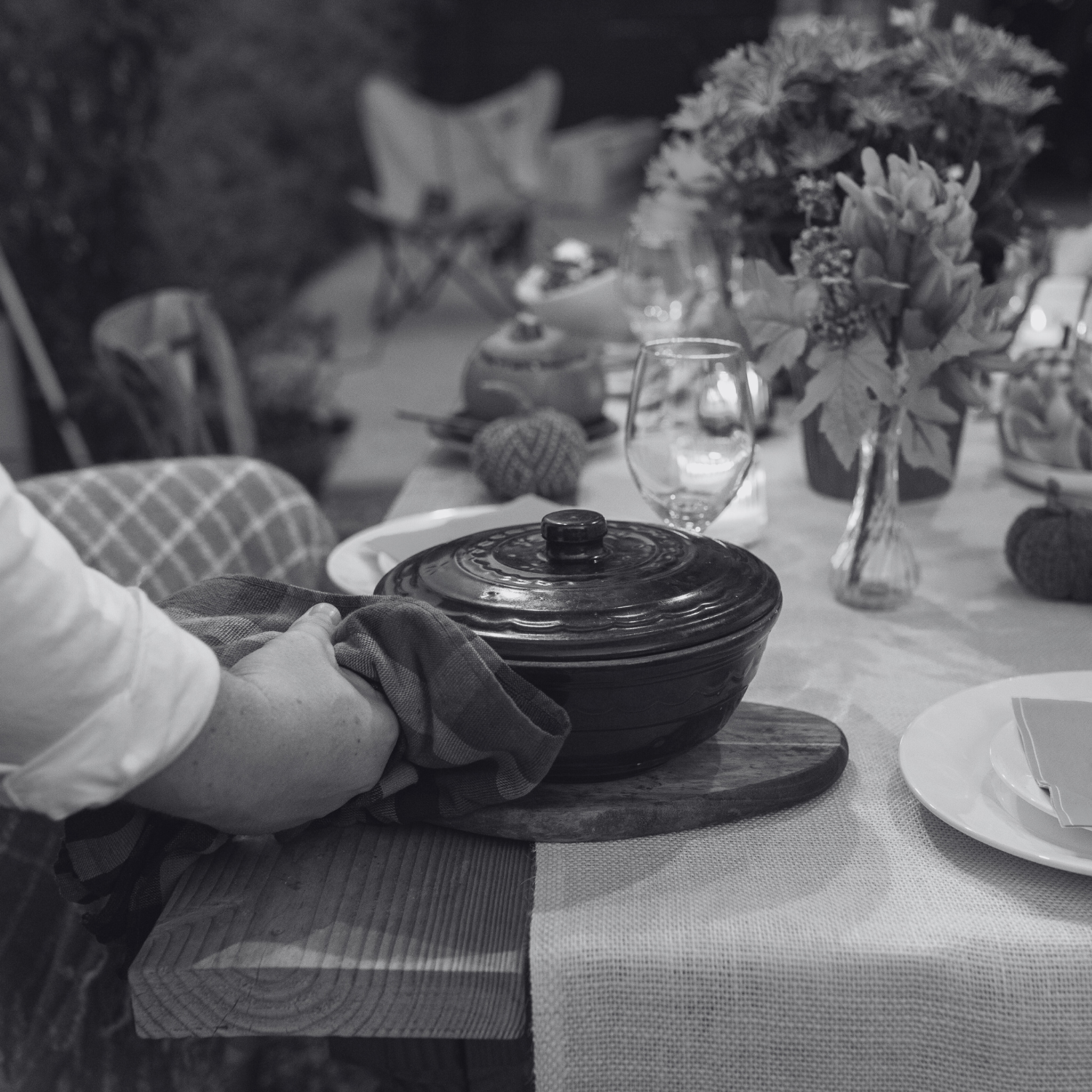Queer Thanksgiving Toolkit
The holiday season can be a bittersweet time for queer folks.
Holidays centered around family bring up complicated emotions if you’re not able to be your whole self with your family. Some queer folks may not feel comfortable relying on their genetic families, or may not be able to return home to them for the holidays.
As Thanksgiving approaches this week, we wanted to reshare previous blogs from G&STC experts, to help provide you with a supportive toolkit to keep in your back pocket:
For those returning to family open to growth:
How Do I Bring It Up? Tips for Initiating Difficult Conversations
Sometimes a difficult conversation is inevitable when we’re around family. While sometimes it’s better to take a few minutes to regulate your emotions, sometimes things come up that really need addressing in order to strengthen your relationship. If you find yourself in a moment like this, take time to think about how you want that conversation to go and what you want to achieve. This piece can help guide your reflection process when initiation difficult conversations.
It can be hard to spend time with a parent who let you down when you needed them, and has since grown–you have to balance your feelings of neglect or pain from how they parented you, with your feelings of happiness that they’re trying to be better now. How can you navigate this kind of relationship?
For those returning somewhere they can’t be their whole selves:
Ask a Queer Therapist: Setting Boundaries with Parents
Boundaries with family members are hard. If you know there are going to be off limit topics or behaviors you’re not comfortable tolerating, this piece can be a helpful refresher on what effective boundaries can look like, and what to do when you struggle with your family respecting them.
10 Tips for Emotional Regulation
Big emotions are bound to come up if you’re spending time somewhere you can’t be your whole self. Remember, there are going to be limitations on how much you can engage with someone who isn’t interested in listening to you. If you find yourself in a situation where that’s happening and you’re worked up, instead of focusing your energy on a futile argument, try to practice your emotional regulation skills.
For those looking to support queer family members:
If you have younger queer family members who express fear at the impending administration, it can help them to hear words of support from not just their parents, but all types of family members. If you’re a straight, cis family member, it’s a wonderful way to embody your values as an ally, and if you’re queer, it can feel healing to find and offer that community support with others.
Ask a Queer Therapist: Gender Affirming Practices
Want to make sure you’re making a safe and affirming space for any trans/nonbinary/genderqueer family members of yours? Read this edition of Ask a Queer Therapist for general gender affirming practices to keep in mind, and a look at what it means to really support the trans people in your life.
For those not returning to family:
Queerness and Challenging the Family Role
Family is more than who you are related to by blood. If you’re struggling with not seeing your biological family this holiday season, read this to remind yourself of all the powerful ways queer folks have found to build family for themselves.
BLOG AUTHORS ALL HOLD POSITIONS AT THE GENDER & SEXUALITY THERAPY CENTER (G&STC). FOR MORE INFORMATION ABOUT OUR THERAPISTS AND SERVICES PLEASE CONTACT US.
